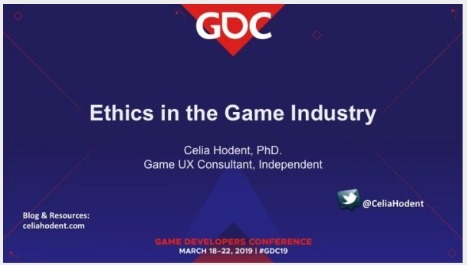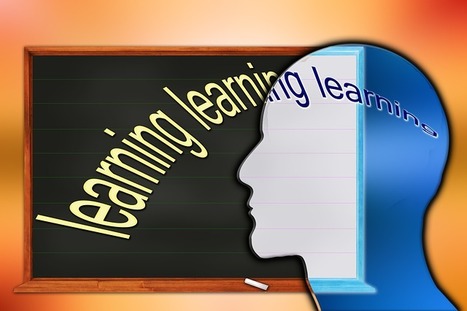"Chunking involves breaking up new learning into discrete sections in order to avoid cognitive overload, and to promote schema development ..."
Get Started for FREE
Sign up with Facebook Sign up with X
I don't have a Facebook or a X account
 Your new post is loading... Your new post is loading...
 Your new post is loading... Your new post is loading...
Beth Dichter's curator insight,
August 25, 2014 10:41 PM
How do we learn? This post explores this issue and provides some suggstions on some best practices for studying. The author of the post provides three "take-aways" from the book. * "Forgetting isn't always bad." * "The brain is a foraging learner." * "We can be tactical in our learning." A number of suggestions on best ways to study are also included. * Rather than cramming study material for a shorter period of time everyday. You will retain more. * Studying in different locations may be beneficial. * Taking breaks after intense studying is good. It provides a break for your brain. This is called diffuse learning. * Rather than rereading material quiz yourself on it to see how much you recall. Additional suggestions are included in the post and there is more information. If this is an area of interest to you Coursera will be running another session of Learning How to Learn, beginning in early October. The course is free unless you want to receive a Certificate. I can vouch for this course as I am currently enrolled and at some point in the near future I will share more information about it. To learn more about the course go to Learning How to Learn. |
|
















